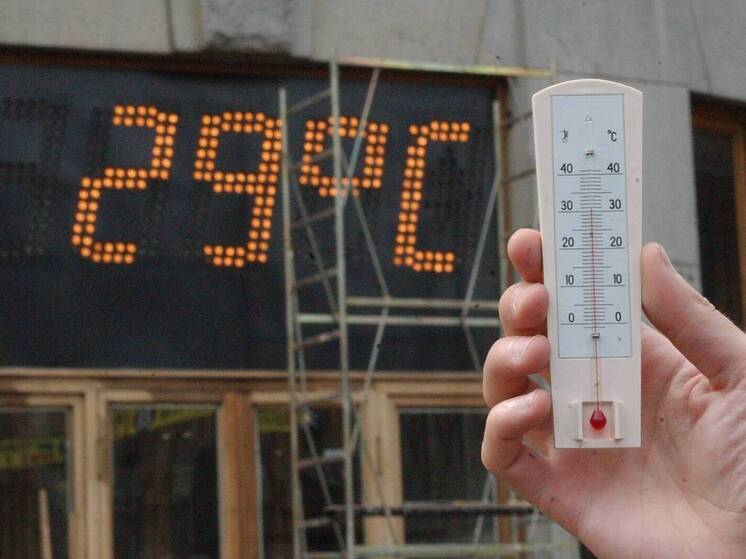Link between high temperature and aging revealed

Extreme heat affects older people and their immune systems
In recent years, scientists have increasingly focused on the impact of extreme climate conditions on human health. The problem of rising temperatures and their impact on vulnerable groups, such as the elderly, is becoming especially pressing. A new study has found an important link between high temperatures, aging, and an increased risk of developing dangerous diseases.

test banner under the title image
A new analysis shows that the combined effects of ageing and extreme heat significantly weaken the human immune system and damage the gut. These changes increase vulnerability to infections, particularly from the bacterium Vibrio vulnificus, a dangerous microorganism that is increasingly found in warm ocean waters and can cause severe and often fatal diseases.
The authors of the paper, Saurabh Chatterjee, emphasize that this is a “double whammy”: aging reduces the body’s defenses, and heat stress accelerates this process, making older people especially susceptible to infections. In the context of global warming and the increasing frequency of extreme temperatures, understanding this interaction is becoming critical for developing preventive measures and treatments.
To study the effects of heat stress, the scientists conducted experiments on mice of different ages. Young and old rodents were exposed to temperatures corresponding to climatic conditions typical of hot summer days. After that, the gut microbiome was sequenced, and the integrity of the intestinal barrier and immune functions were assessed.
The results showed that older mice had significantly greater intestinal barrier damage, systemic inflammation, and immune dysfunction than younger mice. Antibiotic resistance genes were found in their guts, indicating disruption of the microbiome and increased susceptibility to infection. Particularly damaging was the reduction in levels of beneficial bacteria such as Roseburia intestinalis, which play an important role in maintaining gut and immune health.
Maintaining gut health, according to researchers, may be key to increasing the body's resistance to heat stress-induced infections. In the future, it may be possible to create special probiotic preparations or dietary recommendations for older people to reduce the risk of developing severe diseases during hot weather.
"This study highlights the need to consider the impact of climate change on human health, particularly in older and frail populations. In the context of global warming, when extreme temperatures are becoming more frequent and intense, understanding the mechanisms linking heat and immune dysfunction is particularly important," the experts say.
Scientists are currently continuing to study how heat stress affects the human microbiome and immune system. Future clinical trials are planned to test the effectiveness of probiotics and other methods for restoring gut health in older adults in hot conditions.

mk.ru






